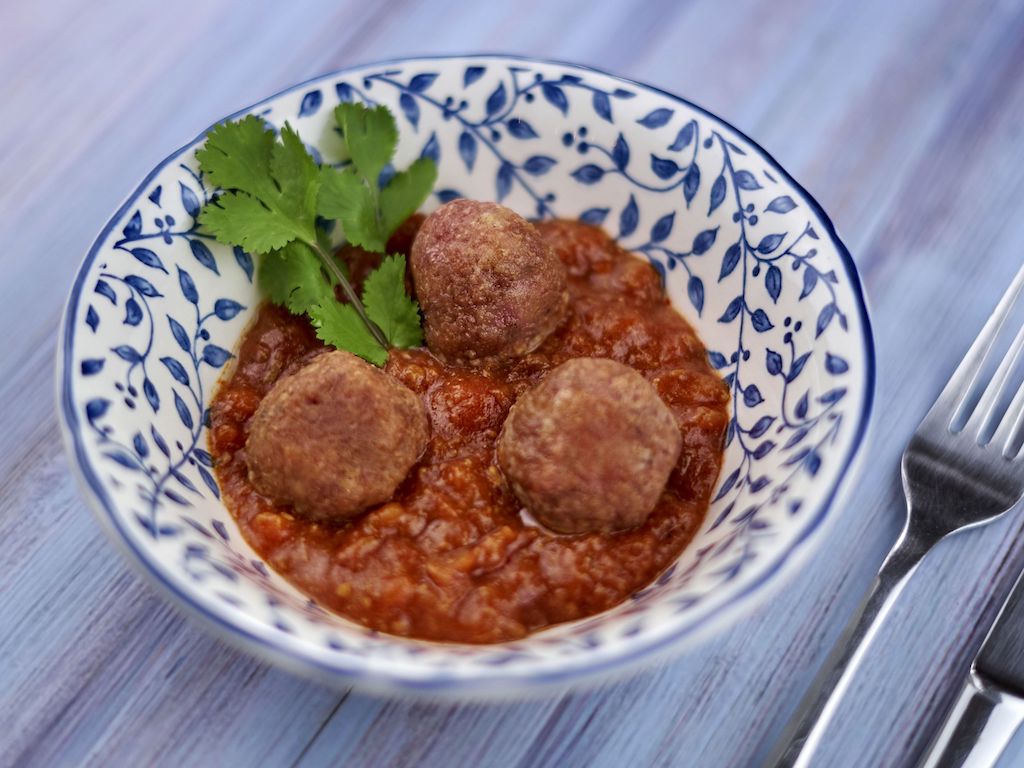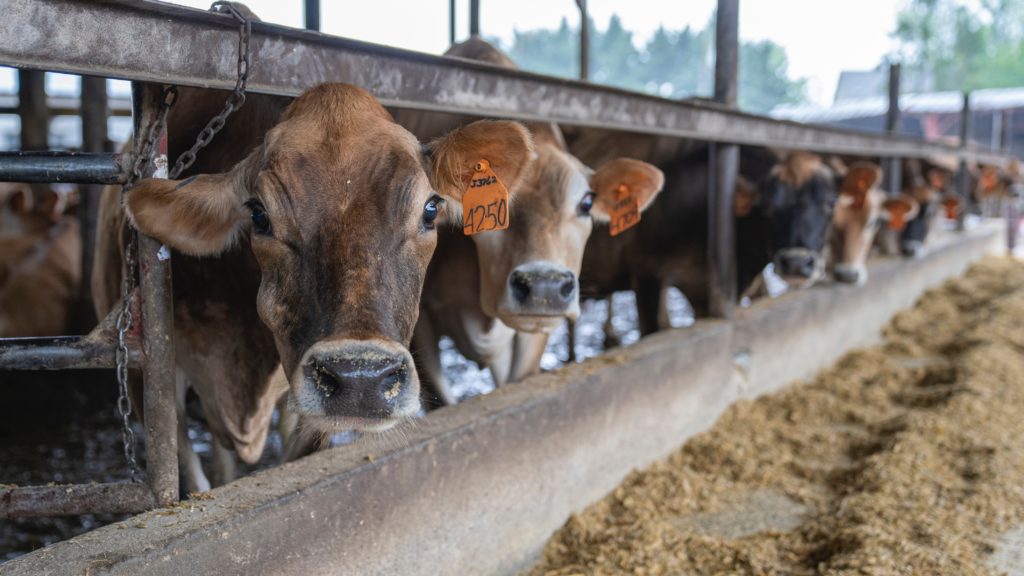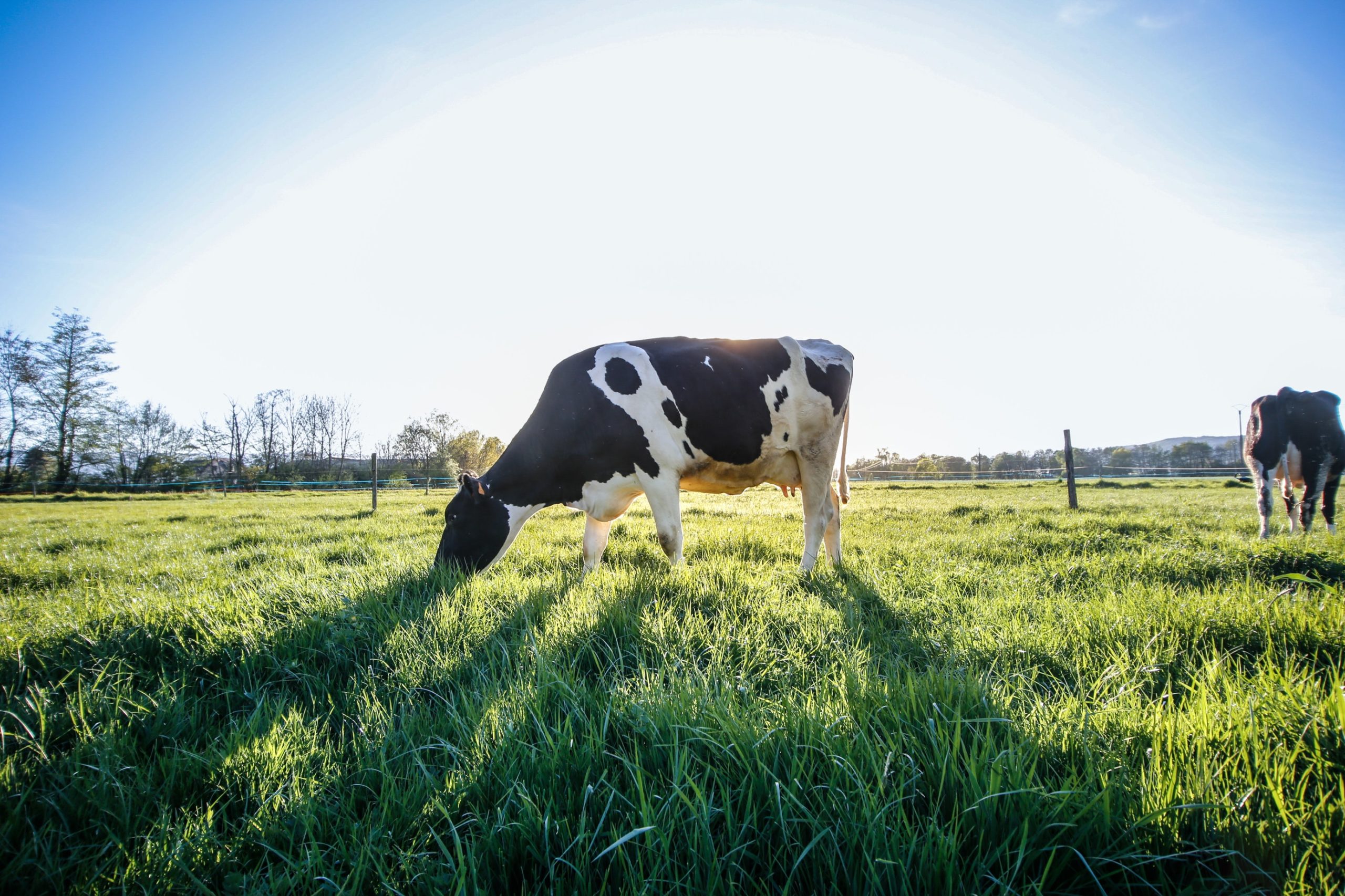Can JBS Distance Itself From the ‘Deforestation Beef’ Label With Cultivated Meat and Methane Biogas?
4 Mins Read
Brazilian meat processing giant JBS has announced that its first large-scale cultivated meat production plant is in development by its subsidiary, BioTech Foods, located in Spain as it adds methane biodigesters in nine Brazilian cities.
JBS, which took a 51 percent controlling stake in BioTech Foods in 2021, says the San Sebastian facility will produce about 1,000 metric tons of cultivated meat annually, but it will have the potential to quadruple its capacity to 4,000 metric tons on a yearly basis.
The new cultivated meat facility is set to culminate by the middle of 2024. Once completed, JBS says it will boast the title of the world’s biggest cultivated meat plant.
Cultivated protein production
“The new BioTech plant puts JBS in a unique position to lead the segment and ride this wave of innovation,” Eduardo Noronha, JBS USA’s head of value-added business, said in a statement.
“With the challenges imposed on global supply chains, cultivated protein offers the potential to stabilize food security and global protein production,” said BioTech Foods co-founder and CEO Iñigo Charola.

The move could signal a sea change for the protein industry. While cultivated meat has yet to receive widespread regulatory approval, a number of companies are poised for market entry when given the green light. Singapore, which first approved California-based Good Meat’s cultivated chicken in 2020, is expected to extend its approval to more companies in the near future. The U.S. has also seen two FDA protocols cleared by Upside Foods and Good Meat. They must now pass USDA inspections before approved for the market.
That could be imminent as well as Good Meat recently hosted USDA inspectors at its U.S. headquarters. According to Eat Just, Good Meat’s parent company, the USDA Deputy Under Secretary for Research, Education, and Economics, Sanah Baig, tasted the company’s cultivated meat.
“We appreciate the integral work that the U.S. government and advocacy groups like The Good Food Institute are doing to ensure that we have a safe, secure, and more sustainable food system for the future,” Eat Just said in a LinkedIn post.
Can JBS clean up its protein production?
The cultivated meat facility news also comes as JBS has announced the installation of methane gas biodigesters in Brazil — the largest project of its kind in Brazil’s protein sector. The biodigesters produce biogas, a clean energy source made from captured methane; livestock is a leading producer of methane emissions — a heat-trapping gas more potent than C02. The project is expected to be operational this month at nine Friboi plants in São Paulo, Mato Grosso do Sul, Mato Grosso, Goiás, Minas Gerais, and Rondônia.
According to JBS, the biodigesters will help the meat giant reduce its Scope 1 emissions by 65 percent, reducing its total Scope 1 emissions by nearly 25 percent across all of Brazil.
“In line with our circular economy actions, the biodigesters will reduce our methane emissions and initiate the production of clean and renewable energy,” JBS corporate sustainability officer Maurício Bauer, said in a statement.
“This project strengthens our view that agribusiness is part of the solution for addressing the challenges of climate change that the world is facing.”

JBS has long come under scrutiny for its ties to deforestation. Brazil is now the leading exporter of beef, much of which comes at the cost of large swaths of the Amazon rainforest. A report late last year found 17 percent of JBS’ cattle came from “irregular” ranches linked to deforestation.
JBS is one of more than a dozen major agriculture firms that have made pledges to remove suppliers linked to deforestation from their supply chains by 2025, but critics say there are loopholes in its commitment.
In March, the nonprofit World Animal Protection named JBS the worst offender in a new scorecard ranking the meat industry’s climate impact.
Lindsay Oliver, Executive Director, World Animal Protection U.S. said JBS is the “worst contributor” of factory farming emissions in the world. “This scorecard further exemplifies the corruption on which JBS is built and the exploitation of both animals and humans on which it profits,” Oliver said.
According to World Animal Protection, the emissions from JBS-helmed factory farms produce the emissions equivalent of 14 million gas-powered vehicles per year.



